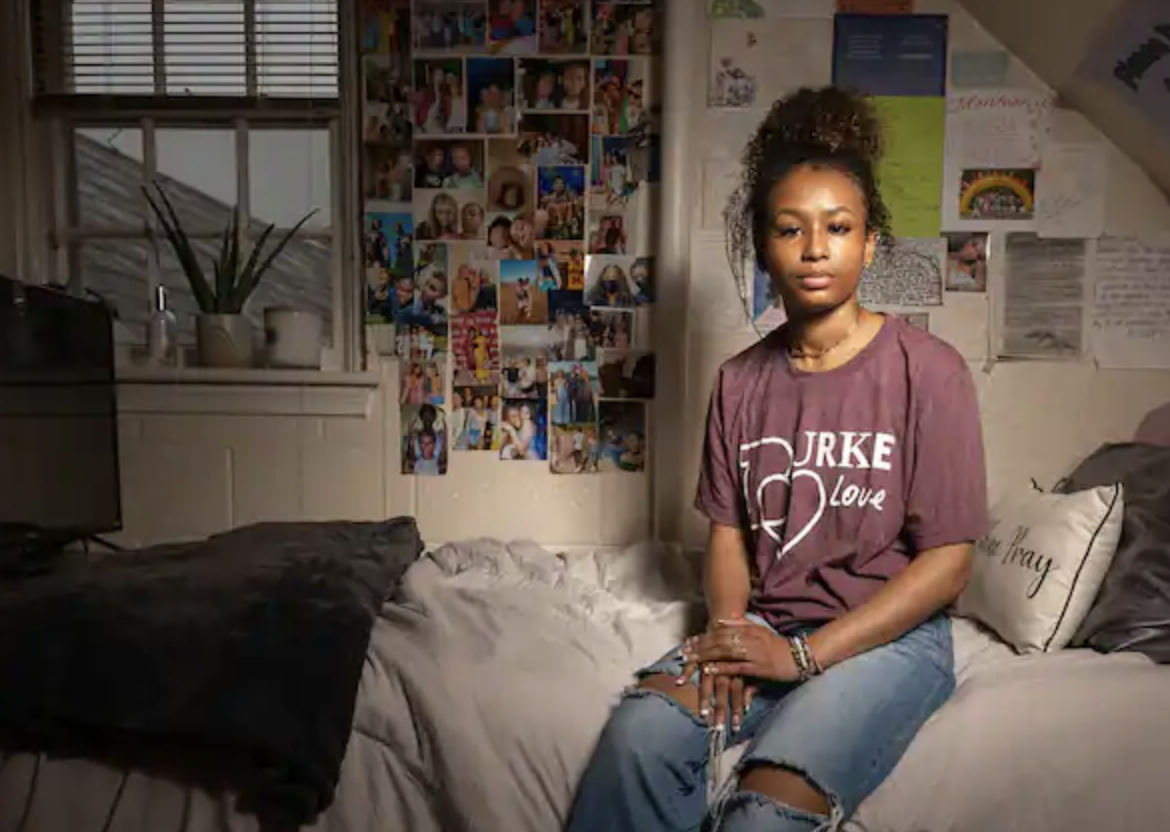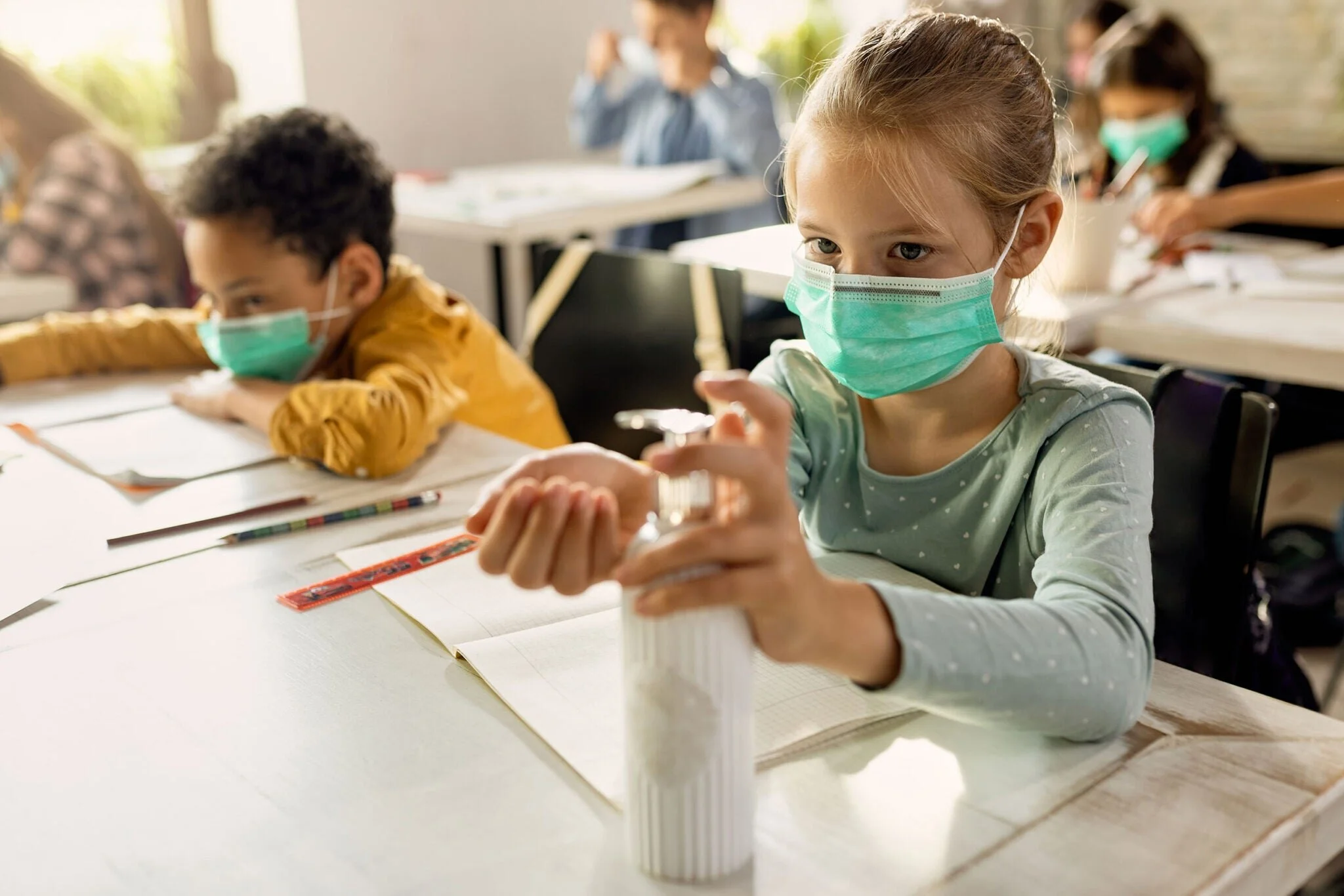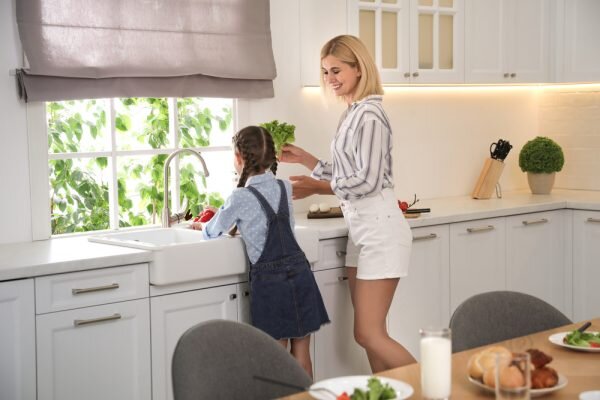For this piece in U.S. News & World Report, writer Andrew Bauld checks in with MCC’s Kiran Bhai for advice for parents in choosing a K-12 school for their child.
Read MoreRead the latest from Making Caring Common!
You’re in the right place for our media coverage, blog posts, and event information. Our work spans a range of topics, all connected by our commitment to elevate caring and concern for the common good at school, at home, and in our communities. You can review what’s new below or use the dropdowns to sort by topic and category.
Be sure to join our email list and connect with us on Facebook, LinkedIn, and Instagram, to stay current with Making Caring Common’s news and updates. If you’re a member of the media, please visit our Media Room.
Sort by topic
- Access and Equity
- Bias
- Bridging
- Building Connection
- Bullying
- COVID
- CSN
- Caring and Empathy
- College Admission
- Consent
- K-12
- Loneliness
- Mental Health
- Misogyny and Sexual Harassment
- Moral and Ethical Development
- Parenting
- Purpose and Meaning
- Romantic Relationships
- School Culture and Climate
- School Integration
- Social-Emotional Learning
- State of Caring
- Turning the Tide
- Voter Mobilization and Civic Education
- Youth Advisory Board
Sort by category
In this Wall Street Journal essay, Jennifer Breheny Wallace checks in with MCC’s Rick Weissbourd about our forthcoming research suggesting that far more teens feel comfortable talking to their mothers than their fathers about mental health challenges.
Read MoreIn this piece for Time, former Congressman Adam Kinzinger cites MCC’s 2021 report, Do Americans Really Care For Each Other? What Unites Us—And What Divides Us. Kinzinger makes the case that Americans need to break free from extremist views in order to come together.
Read MoreHow can we effectively manage feelings of loneliness? Katie Couric Media checks in with MCC’s Rick Weissbourd about how loneliness can lead to self-defeating thoughts and also cause us to become more reflective about our relationships.
Read MoreThe founders of SoulCycle, the wildly popular indoor cycling workout class, have launched a new venture focused on “relational fitness.” Fortune Well checked in with MCC’s Milena Batanova about whether the new wellness studio—called Peoplehood—could help alleviate loneliness and create connection.
Read MoreParents and the public have been shocked by the disturbing revelations in a new CDC report about the widespread prevalence of feelings of intense sadness, suicidal ideation, and sexual violence experienced by teenage girls. The Washington Post’s Donna St. George spoke with MCC’s Rick Weissbourd about some of the reasons behind the crisis.
Read MoreGrown & Flown highlighted the teen mental health guide created by Kiran Bhai, MCC’s Director of School and Parenting Programs.
Read MoreGenesis Rivas cites MCC research in this Shape magazine piece that takes a look at definitions of loneliness, some causes of loneliness, and tips for managing it.
Read More“I used to text my wife on the train ride home, asking how everyone’s day was. Now I am part of that day. And I love that.”
MCC research suggests that many fathers, like the dad quoted above, have felt closer to their kids since the pandemic began. In this Slate piece, Brigid Schulte and Kate Mangino take a closer look at how future opportunities to balance work and childcare will largely be shaped by men.
Read MoreDoes our future include social robots to help combat loneliness?
It may sound like a sci-fi movie, but according to CMS Wire, "conversational AI bots are becoming the norm in Asia, and are beginning to be commonplace even in the United States."
Looking for ways to help anxious students? Making Caring Common Faculty Director Rick Weissbourd suggests:
1. Connect every student to an adult at school
2. Discover what each student is anxious about
3. Focus on building community
Hear more in this short video by Usable Knowledge:
The Voice of Islam Radio’s Drive Time podcast interviewed MCC’s Rick Weissbourd about the role of values and ethics in day-to-day life. Take a listen on SoundCloud!
Read More"I think of loneliness as a social failure, not as an individual failure. And when you see that large numbers of people are lonely, I think it’s a sign that communities aren’t functioning well, that we don’t have a social infrastructure that really functions very well," says Rick Weissbourd.
In this Popular Science piece, Morgan Sweeney writes about pandemic isolation and how we can work to "overcome America's invisible health crisis."
Read MoreDid you know that September is sexual health month?
The Philadelphia Inquirer featured our research in this article discussing how young people are often looking for more information about how to create and sustain healthy romantic relationships.
What are some pros and cons of working from home?
The last 18 months have been tiring and stressful for parents. At the same time, the pandemic also gave many fathers more time at home with their kids.
Dads are reevaluating their work-life balance, writes Joe Pinsker in The Atlantic.
Read MoreTalking to your children about going back to school and hearing their worries is crucial, especially this year.
"What parents are worried about may not be what kids are in fact worried about. It’s important for parents to inquire, find out, and listen to what kids are concerned about,” said Rick Weissbourd in this Harvard Gazette article.
Read MoreCoaches can foster a positive team environment and encourage key life lessons if they are thoughtful and intentional in their approach.
Check out these tips from The Good Men Project!
One silver lining of being home all day every day during COVID-19 lockdowns?
Family dinner time!
Over 50% of families we surveyed ate meals together last year and would like make it a habit. Our friends at The Family Dinner Project provide some helpful tips for parents for how to build the back-to-school dinner habits that work for your family.
Read MoreHow important are college rankings?
"If our numbers-driven, quantify everything, judgment culture has its claws deep into you such that you simply cannot resist the need to surrender to ratings and rankings, then at least do your homework,” writes Brennan Barnard in Forbes.
Read MoreHow can we lay the groundwork for more constructive political dialogue?
"We can begin by listening to each other, and we can try to learn about those we perceive as our opponents. We can lead with grace instead of leading with the quick burn. We can create space for respectful dialogue. And we can take pride in knowing that these small acts can add up to something much greater," write MCC's Ali Cashin and Rick Weissbourd in this piece for The Greater Good Science Center.
Read More




















